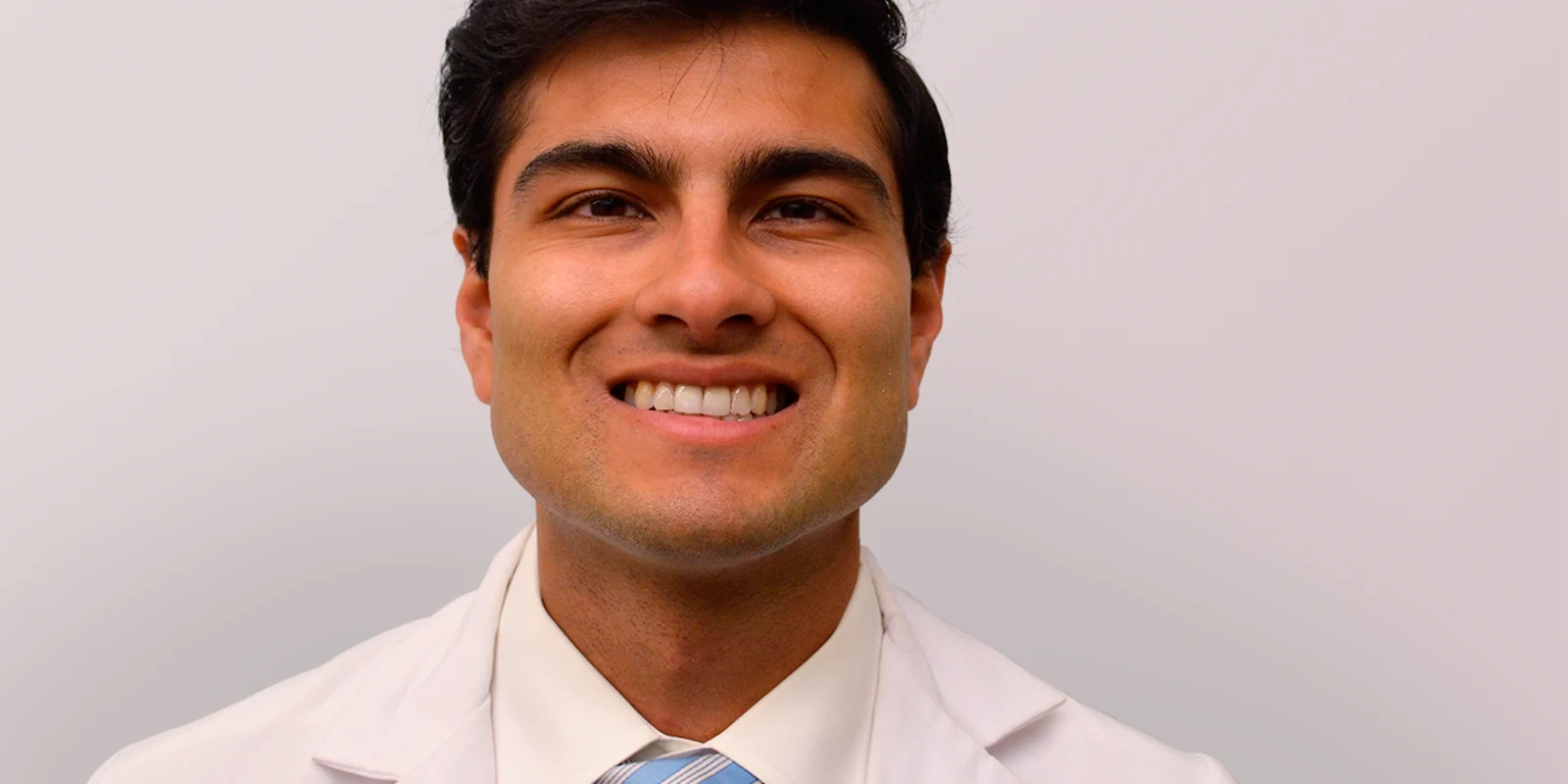
Name: Kunal Sindhu, MD
Specialty: Radiation Oncology
Education: The Warren Alpert Medical School of Brown University
Areas of Expertise: Radiation Oncology
Current Position: Resident at Mount Sinai Beth Israel Hospital
1. Why did you choose radiation oncology?
I decided to go into radiation oncology during my third year of medical school. The need to methodically assess the literature in selecting optimal treatments for each patient, the technical expertise and critical thinking required to evaluate various treatment plans, and the ability to carry out cutting-edge research spurred my interest. Additionally, the prospect of being granted the privilege of forging meaningful long-term relationships with patients, and being able to see tangible benefits from my work, played a big role.
2. What area of radiation oncology is changing most rapidly?
Oncology as a whole is changing rapidly. The use of novel immunotherapies is changing the way that all oncologists (medical, radiation, and surgical) approach malignancy. While clinical trials are still yielding insights into their most effective use, immunotherapies have vast potential. Additionally, in radiation oncology, the expanded use of stereotactic body radiation therapy (SBRT) in the past few years has helped simplify patient treatment regimens.
3. If you weren’t in this specialty, what specialty would you do? If you weren’t a clinician what would you do?
If I weren’t going into radiation oncology, I would likely be an internal medicine resident, with an eye towards pursuing a hematology-oncology fellowship. As I mentioned earlier, oncology is undergoing a transformation before our eyes that I hope will yield a lot of positive developments for patients.
If I weren’t a clinician, I would probably go back to being a science teacher, as I was prior to medical school. There are a lot of similarities between being a teacher and being a physician — both professions, for example, emphasize the importance of evidence-based plans and development of longitudinal relationships. Both are also incredibly rewarding.
4. What is a common misconception that other clinicians have about radiation oncology?
One of the biggest misconceptions I have come across is that radiation oncologists are sequestered in the basement, working in isolation from other clinicians. While radiation therapy suites are often located underground, the field of oncology is collaborative by nature, and radiation oncologists interact extensively with colleagues from across the fields of medicine. Tumor boards, for example, offer a forum for clinicians of many different specialties to discuss the best treatment plans for patients.
5. What is the last journal article or piece of research that significantly changed your practice?
This recent paper provided a way forward to minimizing adverse outcomes through anti-androgen therapy in patients with prostate cancer who had undergone surgery and then experienced biochemical recurrence. More work is necessary to clarify who exactly would most benefit from the use of anti-androgen therapy, but patients at highest risk of recurrence will likely see some gain. In the future, more of these patients are likely to receive anti-androgen therapy.
6. What are your research interests?
Radiation can be a very powerful medical tool, but it can also be toxic to the human body. As a result, radiation therapy can be difficult on patients and can jeopardize treatment adherence. Looking for ways to minimize the side effects of radiation on patients interests me greatly.
7. Outside of your daily practice, do you have any personal or professional projects that you’re passionate about?
Residency is busy and can be quite stressful. I have found that writing about my experiences can provide a useful release mechanism in otherwise difficult circumstances. Even on the toughest of days, writing allows me to preserve my sense of empathy. It has been immeasurably beneficial to have an outlet for my experiences inside and outside of the hospital.
8. Who are your mentors?
Dr. David Wazer, the chairman of the departments of radiation oncology at The Warren Alpert Medical School of Brown University and Tufts University School of Medicine, and Dr. David Horowitz, an assistant professor at Columbia University Medical Center. Both had a profound impact on my decision to enter radiation oncology. I couldn’t be more appreciative of their guidance.
9. What’s the best advice you’ve ever received?
As difficult as failure can be, it can also be an invaluable opportunity to improve for the future. Whether a personal or professional setback, rejection affords us the opportunity to mull over and learn from our mistakes.
10. What has been your most gratifying moment of being a clinician?
Spending extended time in an intensive care unit can be a sobering experience for any physician, especially those of us who are new to the field. But while ICUs can be emotionally traumatic at times, they can also play host to some of the most triumphant moments in medicine. Seeing a very sick patient recover, in particular, is an experience I will never forget.
11. What is the biggest challenge or obstacle in radiation oncology?
Radiation oncology is a small field. As such, it can be difficult to be heard over the din of larger fields like internal medicine. But making the public and other fields aware of our utility in improving patient outcomes will be critical in the future. Everything from clinical guidelines to funding will be at stake.
12. What are your favorite Doximity features and how have they helped your productivity (Dialer, DocNews, Career Navigator, e-Fax, etc.)?
Doximity’s DocNews and e-Fax services have been most useful to me. DocNews does a wonderful job of bringing together medical news and literature from a wide variety of sources to one easily accessible location. Given how busy I am, I have found this resource to be invaluable. Additionally, throughout residency application season, e-Fax allowed me to quickly transmit important information quickly, confidently, and securely to programs. I have continued to use this service in residency.
Kunal Sindhu is a resident physician in New York City. You can follow him on Twitter @sindhu_kunal.






